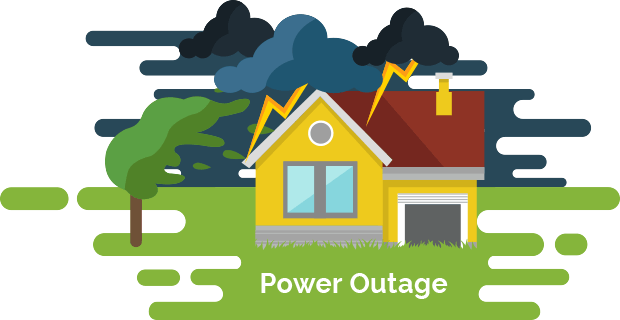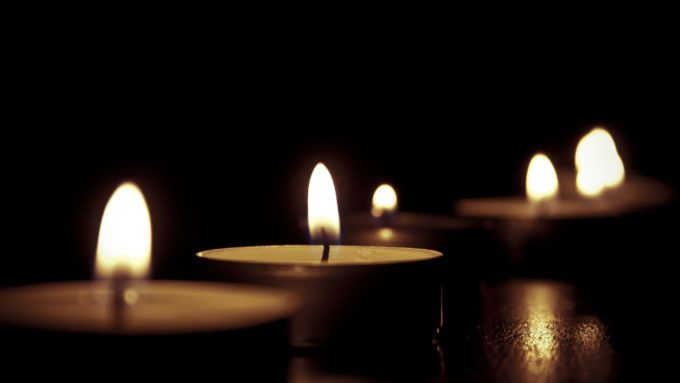It’s bound to happen sooner or later – disaster strikes and you find yourself living without power. Whether it was caused by a natural disaster or a city-wide power grid failure, short to long-term power outages are almost an inevitable part of life.
Life without power requires some adjustment, especially in our technology-driven world. However, just because the lights go out doesn’t mean you need to stay in the dark. Here are some measures you can take to live without power.
Tips for Living Without Power During An Outage
Light
Loss of light is usually the first indicator that the power has gone out. Fortunately, there are plenty of solutions for providing light in the case of a power outage:
- Natural Light: Keep blinds and windows open during the day to allow natural light to pour in
- Flashlights: Keep one flashlight per person in the house at all times, and three sets of batteries for each flashlight in your emergency kit.
- Candles: Be sure to place them somewhere safe where they won’t be at risk of falling over and place a heatproof plate underneath to catch drippings.
- Kerosene or Oil Lamps: Brighter than candles and offering a more steady light, oil lamps can last for hours. Two liters of oil per lamp should last you about a week, so keep extra oil (along with wicks and chimneys) on hand in case of power outage.
Water
If you live in a city, the power outage may not immediately affect your water flow. However, loss of power comes with an increased chance of contaminated water, so obtaining clean water should be your primary concern. Hopefully you had enough warning of potential power outage to stock up on water jugs and to fill your bathtubs with water for cleaning.
If you find yourself without water during a power outage, make it a priority to collect as much water as you can. Try to put out buckets or jugs if it’s raining, or find a way to melt snow if you find yourself in a an ice storm. Just be sure to boil any water before consuming and treat with iodine tablets if you are able to. You could also purify water with 15 drops of plain, unscented bleach for every gallon or a ¼ cup of hydrogen peroxide per gallon to eradicate bacteria for bathing and cleaning.
Food
Take inventory of the dry, non-perishable food that you have on hand. Items like canned food, boxed macaroni, rice, beans and pasta are easy to store in case of emergency. Most canned food can be eaten cold, but if you need heat to cook you can use a gas grill, patio cooker or small turkey fryer.
Sanitation
In a short term power outage, you may be able to get by with only flushing solid waste and allowing liquids to wait until the power comes on, in order to reserve water. If you’re stuck without power longer than a day, other measures may need to be put into place. You can use grey water (rainwater) to flush the toilet, or use a camping toilet or bucket system.
Remember that power outages are almost never planned, so it pays to always be prepared. Practice your strategies of living without power so you can be comfortable when it comes time to put them to use. And rest easy knowing that people have lived without power for thousands of years – you can do this too!


